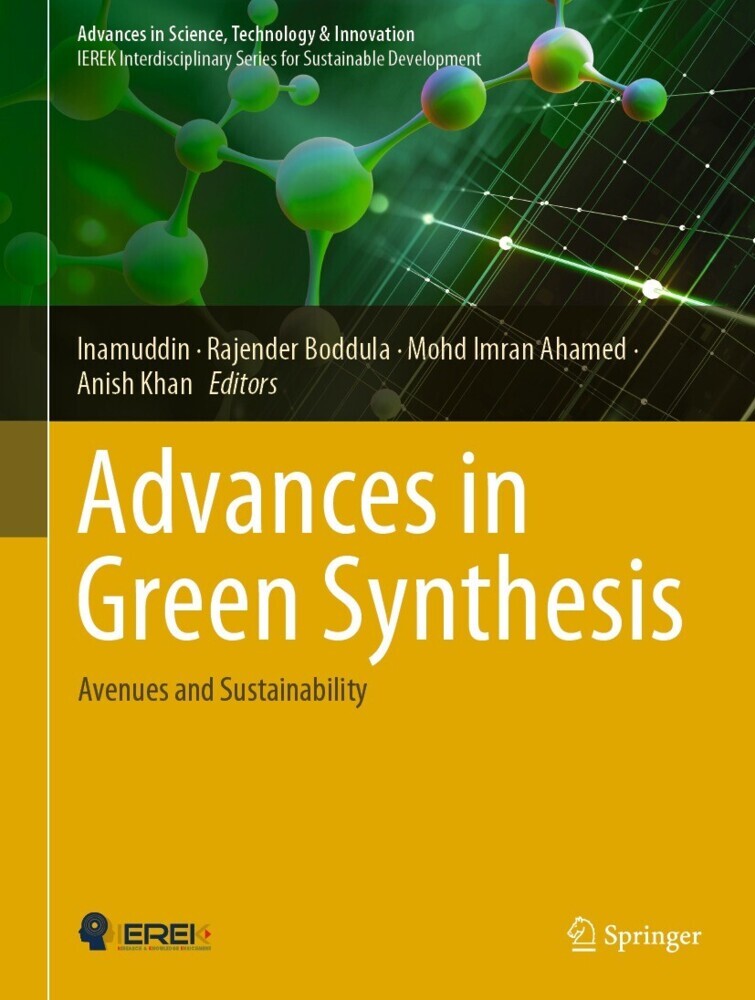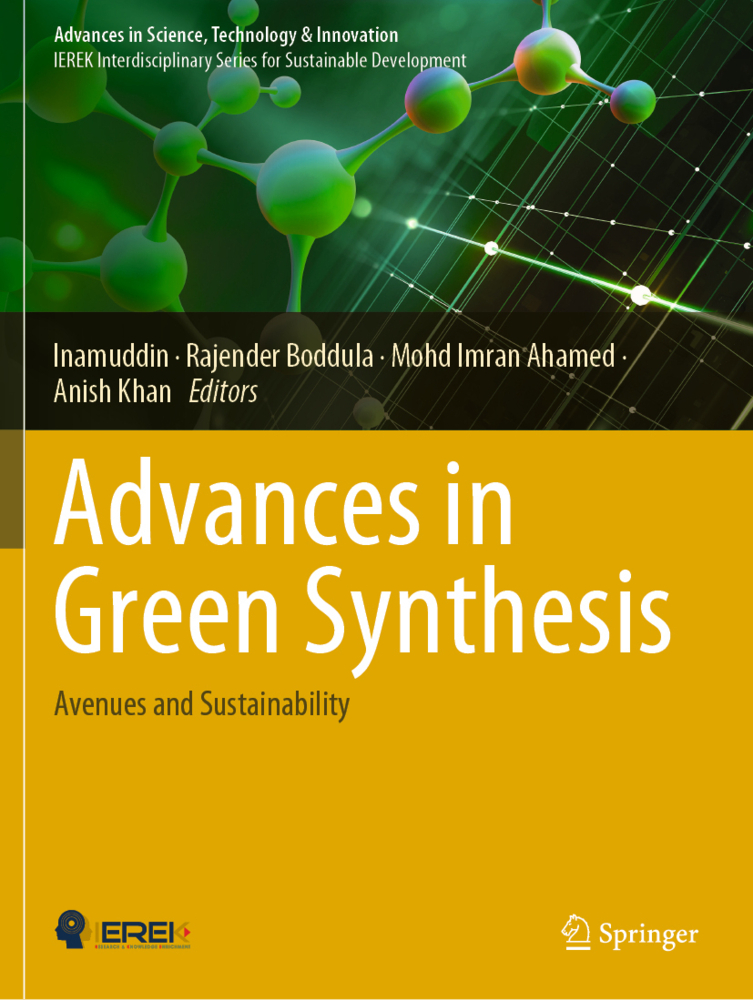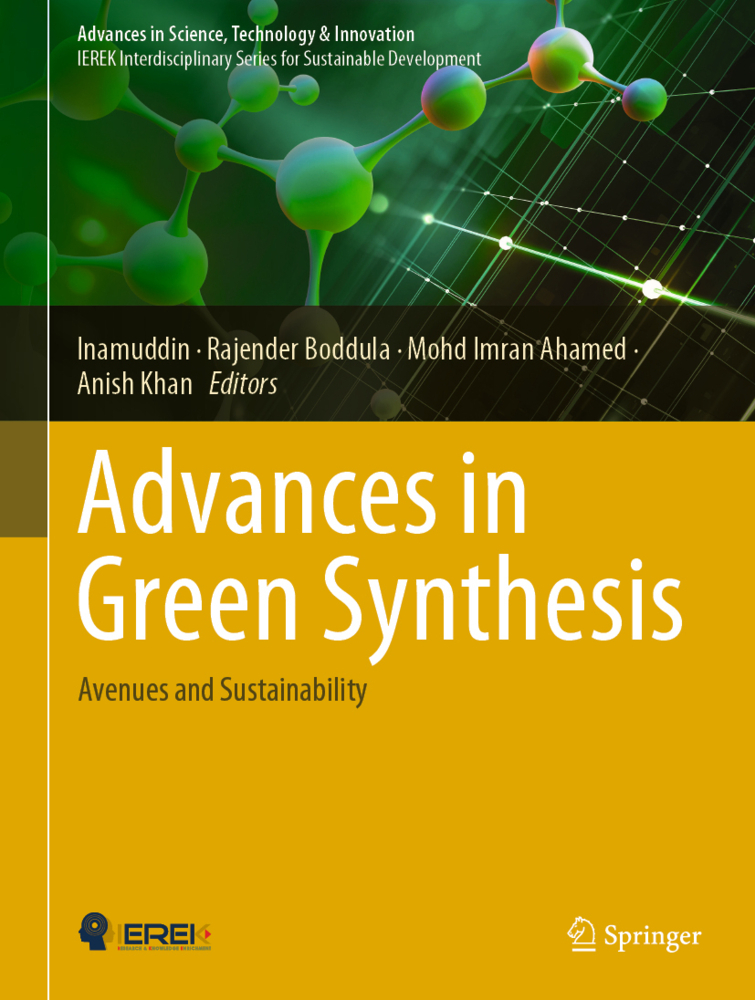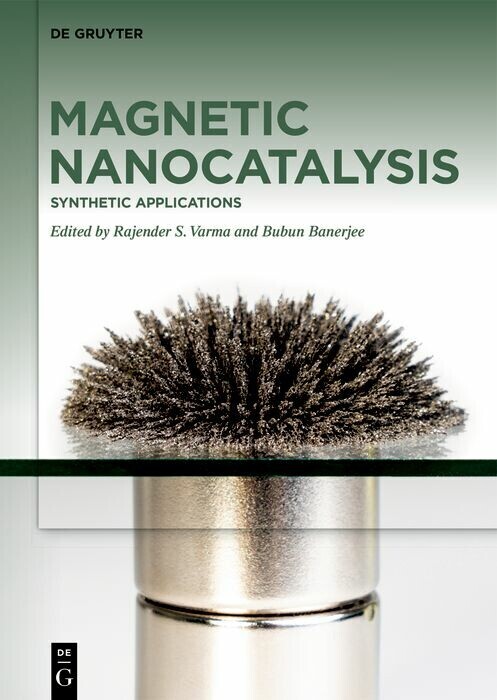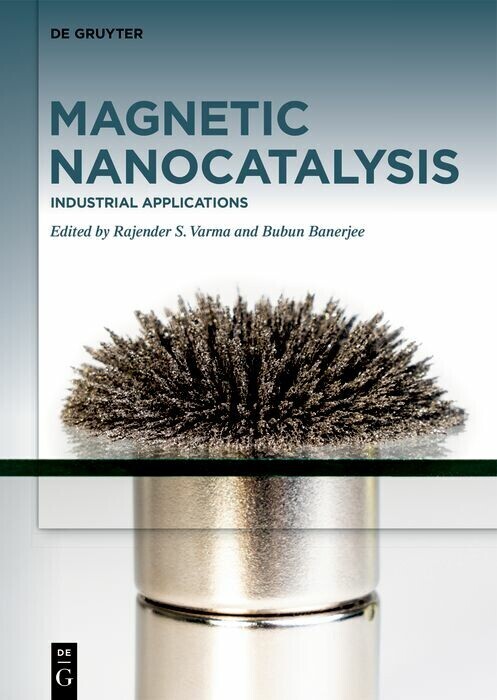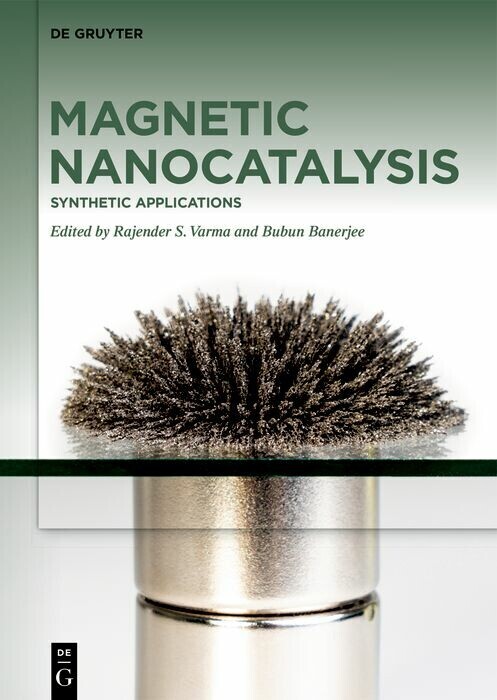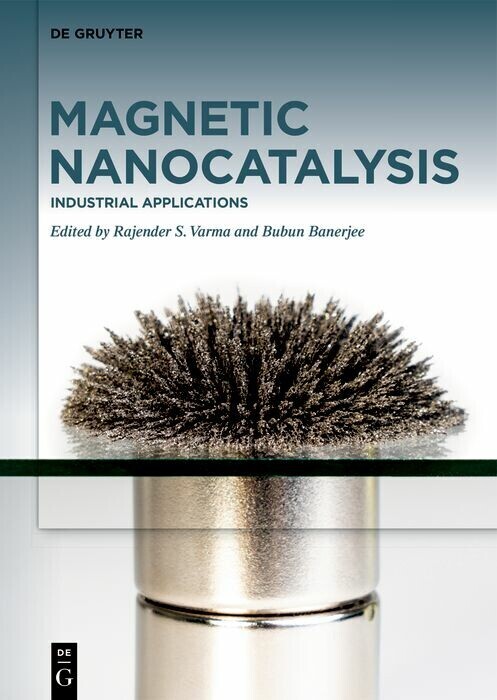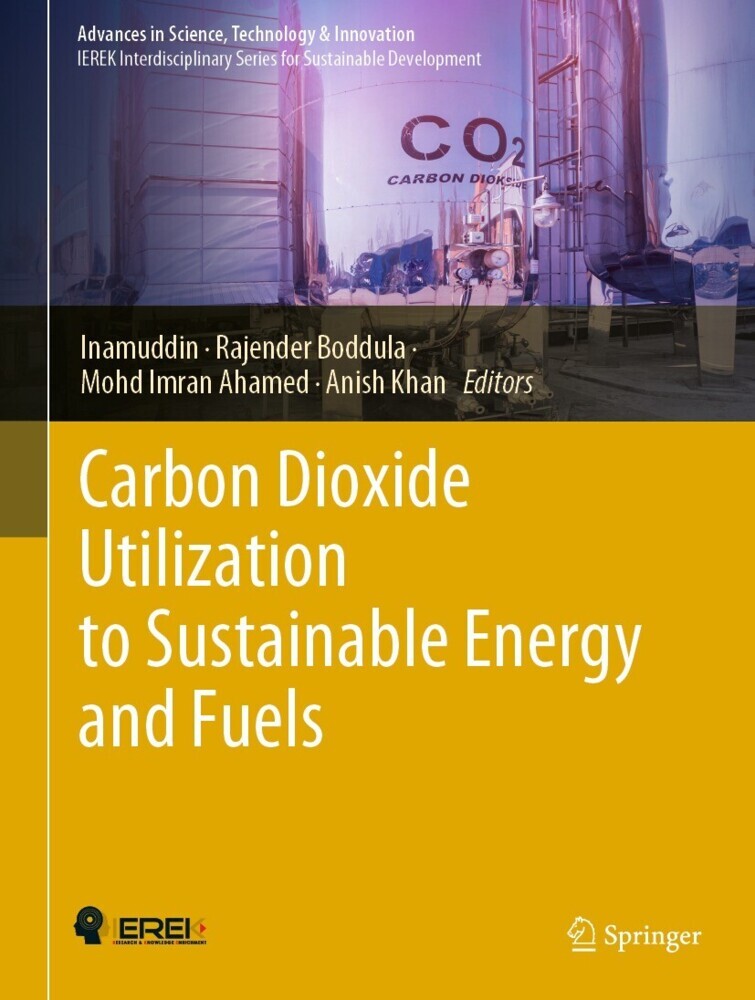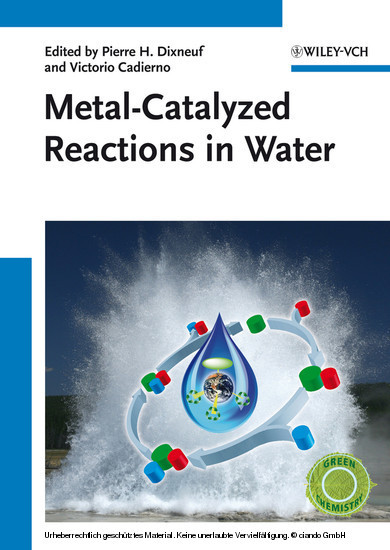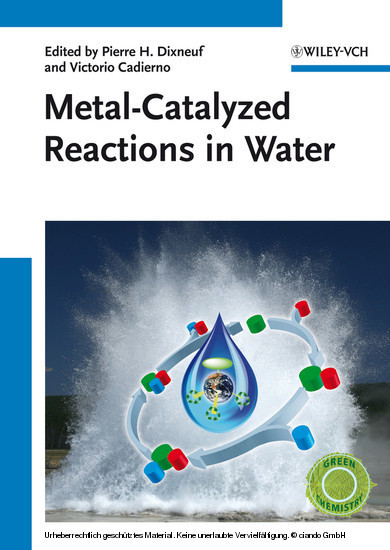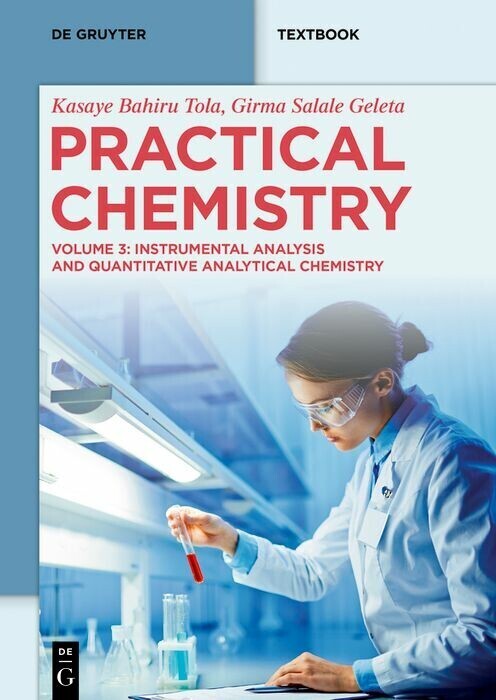Advances in Green Synthesis
Avenues and Sustainability
Advances in Green Synthesis
Avenues and Sustainability
This edited book focusses on green chemistry as the research community endeavours to create eco-friendly materials and technologies. It provides an in-depth overview of the fundamentals, key concepts and experimental techniques for eco-friendly synthesis of organic compounds and metal/metal oxide nanoparticles/nanomaterials. It also emphasizes the mechanisms, designing and industrial technologies for green synthesis and its applications. Each chapter brings the recent developments, state of the art, challenges and perspectives which cover all the aspects in one place, and which concern the green synthesis and evolution. Authored by world-renowned experts in a broad range of green chemistry sectors, this book is an archival reference guide for researchers, engineers, scientists and postgraduates working in the field of sustainable science, green chemistry, environmental science, engineering sciences and industrial technologies.
Dr. Inamuddin is currently working as assistant professor in the chemistry department of Faculty of Science, King Abdulaziz University, Jeddah, Saudi Arabia. He is also a permanent faculty member (assistant professor) at the Department of Applied Chemistry, Aligarh Muslim University, Aligarh, India. He has extensive research experience in multidisciplinary fields of analytical chemistry, materials chemistry, and electrochemistry and, more specifically, renewable energy and environment.
Dr. Rajender Boddula is a dedicated and skilled nanomaterials/polymer chemist with 10 years of research experiences in polymers, graphene, nanomaterials, and multifunctional applications. His areas of interests include energy conversion & storage, catalysis (Photo&electrocatalysis), graphene, conducting polymers, carbon nanomaterials, CVD, biodegradable polymers, composites, and applications.
Prof. Abdullah M. Asiri is the Head of the Chemistry Department at King Abdulaziz University since October 2009 and he is the founder and the Director of the Center of Excellence for Advanced Materials Research (CEAMR) since 2010 till now. He is a Professor of Organic Photochemistry. He graduated from King Abdulaziz University (KAU) with a BSc in Chemistry in 1990 and a PhD from University of Wales, College of Cardiff, UK in 1995. He was promoted to a Professor in 2004. His research interest covers color chemistry, synthesis of novel photochromic, thermochromic systems, synthesis of novel coloring matters and dyeing of textiles, Materials Chemistry, Nanochemistry and nanotechnology Polymers and plastics. Prof. Asiri is the principal supervisors of more than 17Msc and one two PhD thesis; He is the main Author of ten books in different chemistry disciplines. He Published more than 400 research Papers in international Journals. Prof. Asiri is the Editor-in-Chief of King Abdulaziz University Journal of Science. A major achievement of Prof. Asiri is the discovery of tribochromic compounds, a class of compounds which change from slightly or colorless to deep colored when subjected to small pressure or when grind. This discovery was introduced to the scientific community as a new terminology Published by IUPAC in 2000. This discovery was awarded a patent from European Patent office and from UK patent and some other patents office in Europe. Prof. Asiri involved in many committees at the KAU level and also on the national level, he took a major roll in the Advanced materials committee working for KACST to identify the National plan for science and technology in 2007. Prof. Asiri played a major role in advancing the chemistry education and research in KAU, he has been awarded the best Researchers from KAU for the past four years. He also awarded the Young Scientist award from the Saudi Chemical society in 2009, and also the first prize for the distinction in science from the Saudi chemical society in 2012. He also received a recognition certificate from the American Chemical society (Gulf region Chapter) for the advancement of chemical science in the Kingdome. Also he received a scopus certificate for the most Publishing Scientist in Saudi Arabia in chemistry in 2008. He is also a member of the Editorial Board of Pigments and Resin Technology (UK), Organic Chemistry in Sight (New Zealand), Designed Monomers & Polymers and Journal of Single Molecule Research . He is the Vice- President of Saudi Chemical Society (Western Province Branch).
Dr. Inamuddin is currently working as assistant professor in the chemistry department of Faculty of Science, King Abdulaziz University, Jeddah, Saudi Arabia. He is also a permanent faculty member (assistant professor) at the Department of Applied Chemistry, Aligarh Muslim University, Aligarh, India. He has extensive research experience in multidisciplinary fields of analytical chemistry, materials chemistry, and electrochemistry and, more specifically, renewable energy and environment.
Dr. Rajender Boddula is a dedicated and skilled nanomaterials/polymer chemist with 10 years of research experiences in polymers, graphene, nanomaterials, and multifunctional applications. His areas of interests include energy conversion & storage, catalysis (Photo&electrocatalysis), graphene, conducting polymers, carbon nanomaterials, CVD, biodegradable polymers, composites, and applications.
Prof. Abdullah M. Asiri is the Head of the Chemistry Department at King Abdulaziz University since October 2009 and he is the founder and the Director of the Center of Excellence for Advanced Materials Research (CEAMR) since 2010 till now. He is a Professor of Organic Photochemistry. He graduated from King Abdulaziz University (KAU) with a BSc in Chemistry in 1990 and a PhD from University of Wales, College of Cardiff, UK in 1995. He was promoted to a Professor in 2004. His research interest covers color chemistry, synthesis of novel photochromic, thermochromic systems, synthesis of novel coloring matters and dyeing of textiles, Materials Chemistry, Nanochemistry and nanotechnology Polymers and plastics. Prof. Asiri is the principal supervisors of more than 17Msc and one two PhD thesis; He is the main Author of ten books in different chemistry disciplines. He Published more than 400 research Papers in international Journals. Prof. Asiri is the Editor-in-Chief of King Abdulaziz University Journal of Science. A major achievement of Prof. Asiri is the discovery of tribochromic compounds, a class of compounds which change from slightly or colorless to deep colored when subjected to small pressure or when grind. This discovery was introduced to the scientific community as a new terminology Published by IUPAC in 2000. This discovery was awarded a patent from European Patent office and from UK patent and some other patents office in Europe. Prof. Asiri involved in many committees at the KAU level and also on the national level, he took a major roll in the Advanced materials committee working for KACST to identify the National plan for science and technology in 2007. Prof. Asiri played a major role in advancing the chemistry education and research in KAU, he has been awarded the best Researchers from KAU for the past four years. He also awarded the Young Scientist award from the Saudi Chemical society in 2009, and also the first prize for the distinction in science from the Saudi chemical society in 2012. He also received a recognition certificate from the American Chemical society (Gulf region Chapter) for the advancement of chemical science in the Kingdome. Also he received a scopus certificate for the most Publishing Scientist in Saudi Arabia in chemistry in 2008. He is also a member of the Editorial Board of Pigments and Resin Technology (UK), Organic Chemistry in Sight (New Zealand), Designed Monomers & Polymers and Journal of Single Molecule Research . He is the Vice- President of Saudi Chemical Society (Western Province Branch).
Inamuddin
Boddula, Rajender
Ahamed, Mohd Imran
Khan, Anish
| ISBN | 9783030678845 |
|---|---|
| Artikelnummer | 9783030678845 |
| Medientyp | E-Book - PDF |
| Copyrightjahr | 2021 |
| Verlag | Springer-Verlag |
| Umfang | 301 Seiten |
| Sprache | Englisch |
| Kopierschutz | Digitales Wasserzeichen |

